Outsiders’ AWPer and in-game leader Jame has revealed in an interview with Cybersport.ru that he’s not a big fan of players using strategy sheets during tournaments, and labeled them as “permanent cheat sheets”.
Outsiders recently won the IEM Rio Major, and Jame is considered one of the smarter players in the circuit, which is why anything he says is going to reverberate through the competitive CS:GO circuit. His voice will be ever more influential than usual after leading his side to a victory in the IEM Rio Major.
He added that only the coach should be allowed to use these sheets; that other sports don’t allow for such consultation, and how allowing for these sheets lessens the influence of a captain. He also compared the practice to students cheating during an examination.

Image Credit | Jame
Does Jame Have A Point?
Jame’s larger point was that using strategy sheets was unfair. This is a slightly contentious point since this benefit is available to all competitors. It doesn’t become an unfair advantage unless a team opts not to use the strategic sheets to consult their game.
A stronger point could be that strategic sheets are a crutch that make matches less interesting. Players won’t be required to use their ingenuity and intuition, which is something that the best sports or esports like to showcase.
Role Of Players And Coaches
There are important facets to his argument that deal with the role of players. The esports industry is still in its infancy as far as drawing major conclusions is concerned, but it seems like it is trending towards greater responsibility for the captain or in-game leader, and less influence from the coach.
Of course, levels of influence depend upon the sport. Esports might share more in common with a sport like basketball because the sport doesn’t have a lot of players starting within a team. In sports without a lot of players, the players have a great influence.
In sports like soccer, the manager or head coach is crucial because there are so many players to take care of, and captains are mostly an extension of the coach’s ideas. But this doesn’t always have to be the case with sports with over 5-6 players within a team.
A sport like cricket is still quite dependent on the captain to make most of the strategic choices even though coaches have become increasingly important over the years. Jame seems to be hinting that he’d like an approach where the captain continues to have a great influence.
However, it seems like he has neglected that part of the reason why coaches have become increasingly influential over the years is because there’s more information about most sports than ever before, and it’s difficult for those who are in the thick of the action to spend hours outside the playing hours for in-depth analysis.
Are Things Different With Esports?
It seems like Jame has two broad issues. The first is that coaches and captains don’t seem to hold enough influence if players are to consult strategic sheets constantly, and the second is that he believes that memorizing the strategy, and working it out as the game progresses is a skill in itself that adds value to the esport.
He’s got a point with both. Sports or esports, at their best, provide an air of escapism, and constantly referring to strategic sheets can take away from that. It can feel a bit like a mechanical task, and lacks the organic team-bonding that the best sports or esports should offer.
Part of the problem is that sports of all kinds are more concerned with winning now because of the promise of greater rewards, and strategic sheets will provide these marginal advantages that could help a team win more games, even if they take away from some of the spirit of the sport.
It doesn’t look like the organizers and rule-making bodies will look into Jame’s words, but they provide an interesting perspective – one that leads to questions about the identity of sports and esports.
